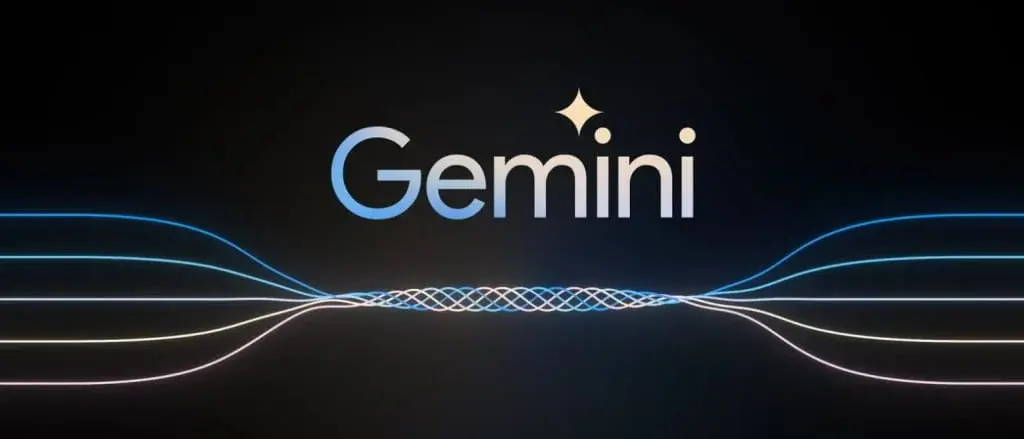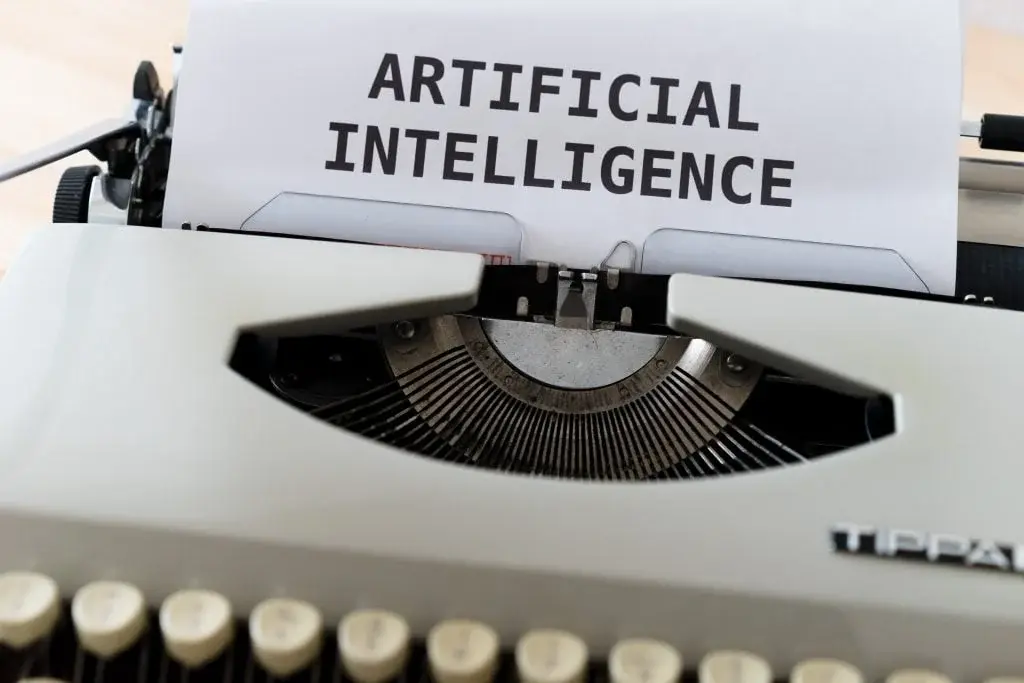China’s Rapid Development in Artificial Intelligence
We live in a world where technology evolves rapidly. China’s leap into artificial intelligence (AI) is just one other instance of rapid development. A recent report by a Beijing think tank affiliated with China’s industry ministry has highlighted an impressive forecast: by 2035, Chinese generative AI is expected to make up a whopping 30 trillion yuan (about US$4.2 trillion) of the global AI market’s value. This figure is a third of the industry’s expected global value of 90 trillion yuan.
Rapid Adoption of AI in China
This year alone, the value of China’s generative AI market is set to hit 10 trillion yuan, showcasing the country’s swift adoption of AI across various sectors. Generative AI, which includes advanced technologies like those in OpenAI’s ChatGPT, is rapidly being integrated into industries such as manufacturing, retail, telecommunications, and healthcare. With an adoption rate of around 15%, it’s clear that AI is no longer a futuristic concept but a present reality in China.
AI Adoption Across Different Sectors
The retail and telecom sectors are leading the AI adoption race with 13% and 10% respectively. Healthcare and manufacturing are not far behind, adopting these technologies at 7% and 5%. This diverse application demonstrates the flexibility and potential of AI in improving efficiency and innovation across different fields.
Integration of AI in Major Tech Companies
The success of AI technologies like ChatGPT has spurred a wave of similar innovations in China. Major tech companies such as Baidu, Tencent, ByteDance, SenseTime, and iFlyTek are not just exploring but actively integrating AI into their services. Tencent’s Hunyuan model, for example, is now used in over 180 services including Tencent Meeting, Tencent Docs, and their online advertising ventures.
Image Credits: Marc Olivier










